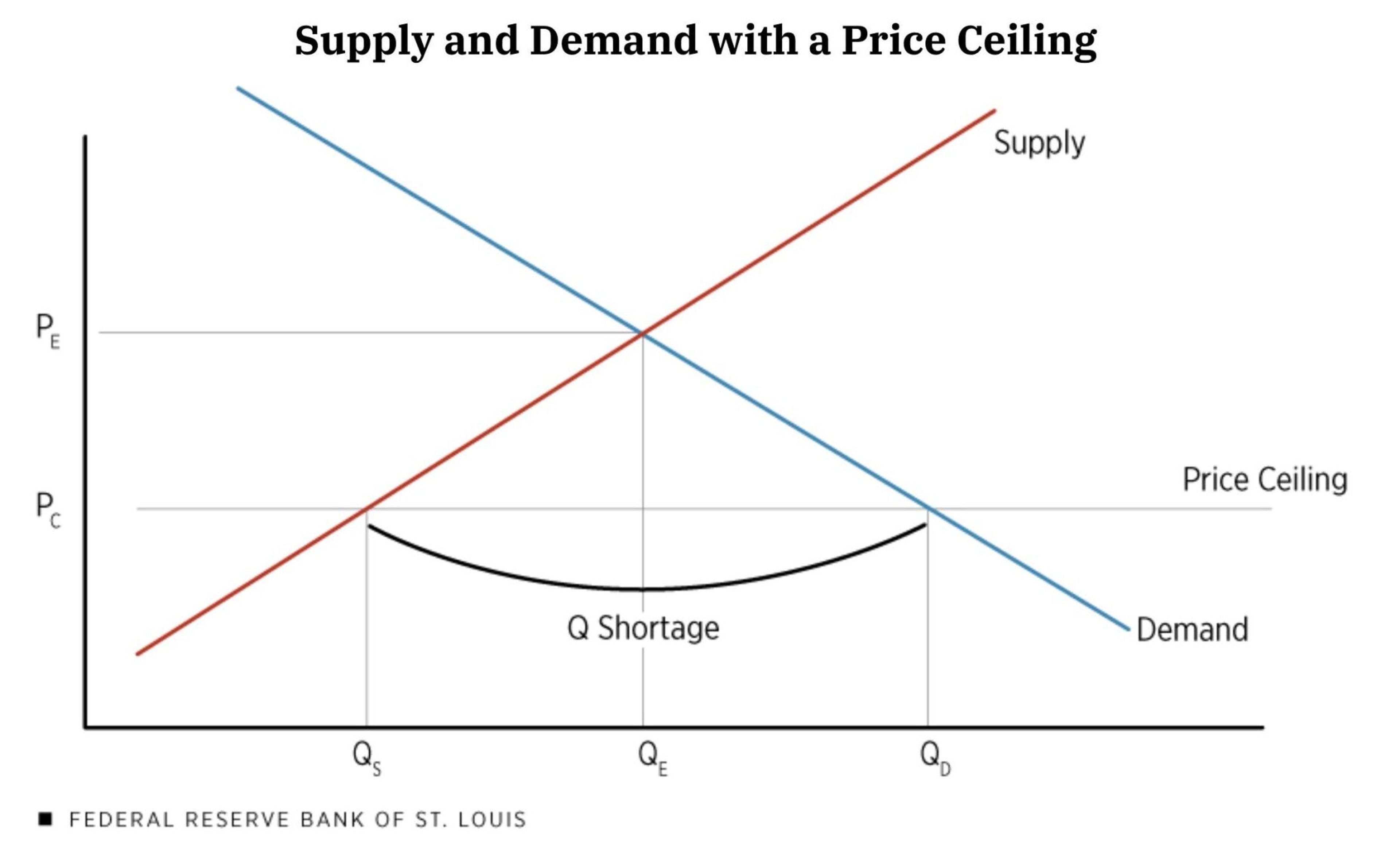Latah wastewater plants run the gamut
Report says treatment facilities in Moscow, Viola, Juliaetta had no discharge violations from 2016 to 2018; Genesee, Kendrick had 71 and 50
Moscow, Viola and Juliaetta were three of 27 Idaho cities that reported zero discharge violations from their wastewater treatment plants January 2016 to December 2018, according to the Idaho Conservation League’s third annual state wastewater treatment plant performance evaluation.
Meanwhile, Genesee reported the sixth most violations in the state with 71 and Kendrick had the eighth most with 50. Some of the pollutants in Genesee that led to violations were ammonia and chlorine. Chlorine and E. coli were two of the culprits in Kendrick.
Wastewater treatment plants must receive National Pollutant Discharge Elimination System permits prior to discharging wastewater, the ICL report states. The permits, which are unique to each facility, guide operations and limit pollutants in the treated wastewater released into lakes or streams.
Moscow Acting Public Works Director Tyler Palmer credited the staff at the city’s Water Reclamation and Reuse Facility, which is located off West Pullman Road near the Idaho-Washington border, for Moscow’s unblemished record the last three years.
“With a lot of the systems that we run for city services, failure really isn’t an option,” Palmer said. “We’ve got to be on our game all the time, and that lack of violations is just an indication of how much on their game our guys are.”
He said complying with various state and federal requirements is a balancing act, and the facility requires consistent and constant monitoring by highly trained workers. Staff is at the facility six days a week and on-call at all times.
“Anything that gets out of balance can result in a violation,” Palmer said.
He said the facility operators take immense pride in their community, meeting the permit requirements and ensuring the treated wastewater does not negatively affect the environment.
“In general, with the city of Moscow, we want to be an example,” Palmer said. “We want to be the city that other cities look to and say, ‘Hey, we want to run like Moscow does.’ ”
Genesee and Kendrick are working toward upgrading their wastewater treatment plant infrastructure.
The Genesee City Council chose a $6.14 million plan earlier this month to improve its facility. Genesee residents will likely be asked to vote on a bond Nov. 5 to fund the project.
Kendrick Public Works Director Rob Clemenhagen said the city’s two lagoons were replaced with three new ones a couple of years ago and the city is in the planning phase for another improvement. Both actions will help prevent violations, said Clemenhagen, who has served as the city’s public works director since November 2017.
“I can already see the difference in the short time that I’ve been here,” he said.
A total of 1,732 violations were reported from the 114 Idaho municipal wastewater treatment facilities with NPDES permits.
The 10 facilities with the most violations were responsible for nearly half of all the violations statewide. The facility in Inkom, in the southeast corner of the state, reported the most violations with 161, or 9 percent of the 1,732 violations.
The other Latah County towns and their violations on the report included Bovill with six, Deary with 24, Potlatch with four and Troy with 27. Lewiston had zero.
For the full ICL report, visit www.idahoconservation.org.
Garrett Cabeza can be reached at (208) 883-4631 or by email to gcabeza@dnews.com.







